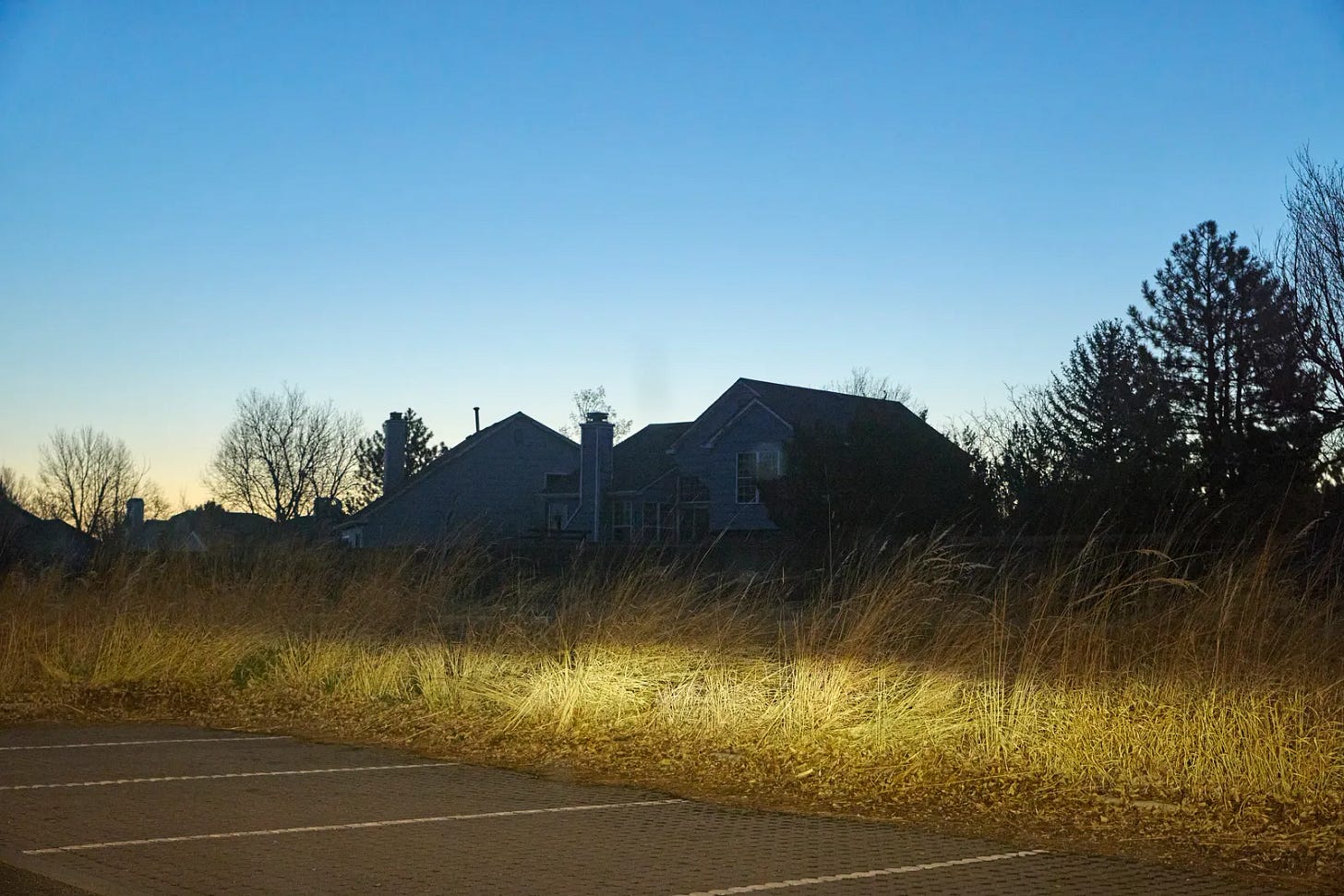Five murders and the death of online privacy
My new feature in WIRED tells a harrowing tale of revenge -- and how the government might wield our most personal data against us.
My first feature story for WIRED is now live.
Here are a few snippets from the beginning:
Amadou Sow woke to the shrieking of smoke detectors. It was a little after 2:30 am on August 5, 2020, and his house in the suburbs of Denver, Colorado, was ablaze. The 46-year-old rushed to his bedroom door, but a column of smoke and heat forced him back. Panicked, Sow ran to the rear window, broke the screen with his hand, and jumped. The two-story drop fractured his left foot.
Sow’s wife Hawa Ka woke their daughter Adama, who shared their room. She dragged the terrified 10-year-old to the window and pushed her out. Sow tried to catch her but missed. Miraculously, the girl landed on her hands and feet, uninjured. Then it was Ka’s turn. When she leaped, she fell on her back, shattering her spine in two places. Sow barely heard her howls of pain. He was thinking about their 22-year-old son, Oumar.
[…] At the same time firefighters were entering the house on Truckee Street, Neil Baker, a homicide detective for the Denver Police Department (DPD), was awoken by a call from his sergeant. Baker—in his fifties with reading glasses, thinning hair, and a rosy complexion—threw on a suit, muttered a hurried goodbye to his wife, and jumped in his car.
After nearly 30 years as a Denver-area cop, Baker knew his way around town. He also knew that Green Valley Ranch was a confusing rabbit’s warren of nearly identical roads. So before he set off, he did something innocuous, something anyone might have done: He Googled the address. And like anyone who Googles something, he was thinking about the search result he wanted—not the packets of data flitting between his device and Google’s servers, not the automated logs of what he was searching for and where he was searching from. But this unseen infrastructure would be key to figuring out what happened at Truckee Street—and it may soon extend the reach of law enforcement into the private lives of millions.
This story is far afield of anything I’ve written about before — I’m not a tech or crime reporter. But when I saw the headlines playing out in local news, I knew it was too horrifying and weird and interesting of a narrative to pass up.
Over the past 14 months, I’ve spent a truly insane amount of time interviewing the detectives, perpetrators, and legal experts, sifting through thousands of court documents and gruesome autopsy reports, and watching hours and hours of police bodycam footage. All this has reshaped my understanding of how our tech knows us—truly knows us—more intimately than anyone else in our lives. And this strange intimacy will have consequences, especially under our current administration, and especially if you engage in or support any actions that it’s trying to criminalize, including but not limited to abortion, gender-affirming health care, immigration, activism against a certain war, etc.
I hope you read the full story.

In other news, I’m teaching a five-week course on How to Write a Book Proposal this summer. This will likely be the last time I teach for a while before I enter my book-writing cave. If you’d like to sign up but finances are an issue, DM me.
I’d love to hear any thoughts on the story if you have them.
Thank you, as always, for reading, and until next time.
—Raksha






Riveting piece, Raksha!
What a heartbreaking and bizarre story!